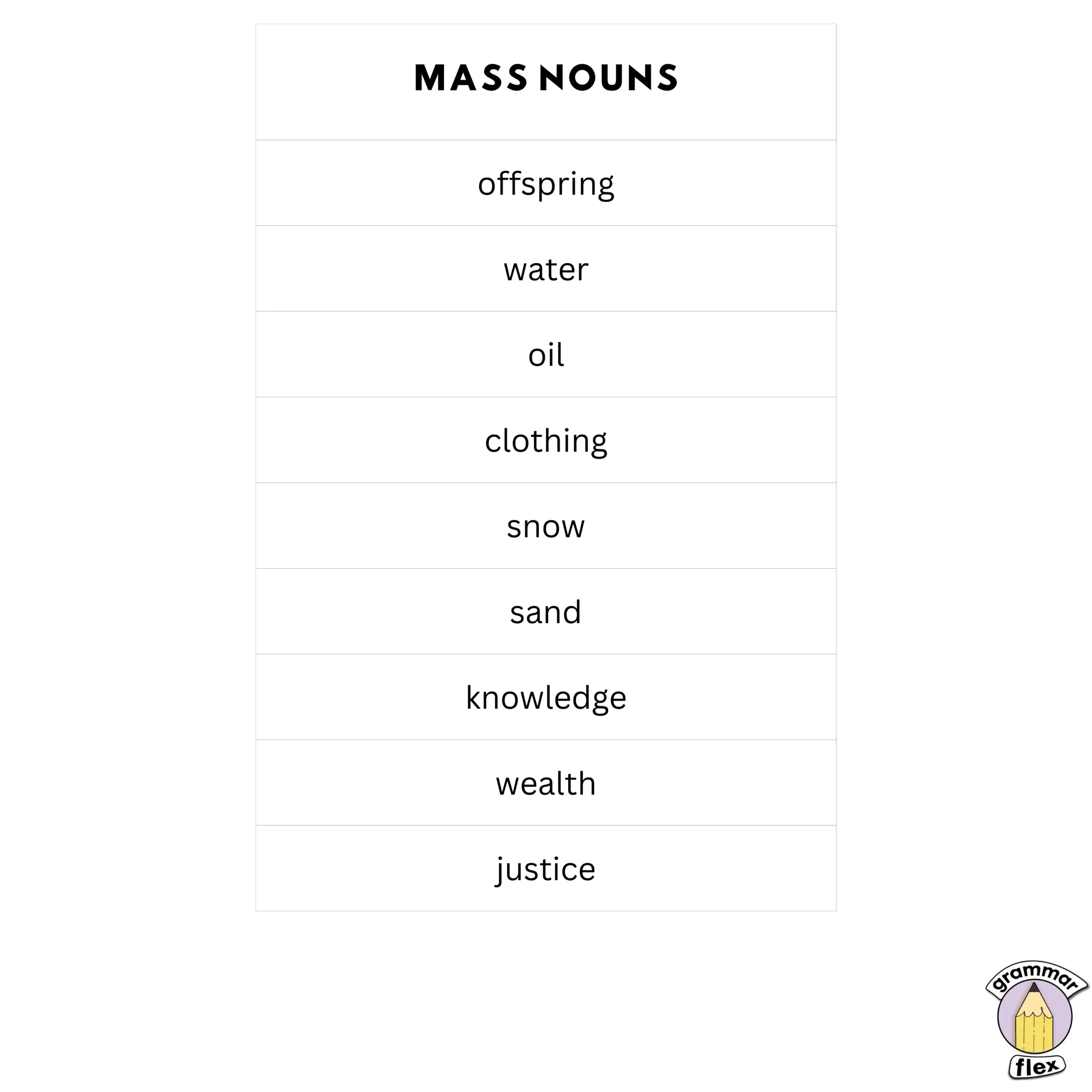What are collective nouns?
Collective noun: The jury was selected this morning.
Mass noun: Water is essential for life.
Collective nouns name a group, unit or collection as one whole or single entity.
Take a look at the following:
| An army is made up of a collection of soldiers. |
| A jury is a group of jurors. |
| A fleet is a collection of ships or vessels. |
Take the first example of a collective nouns: an army.
The collective noun army is defined in the dictionary as, “a large organized body of armed personnel trained for war especially on land.” The term army consists of a group of soldiers.
We know that an army is made up of soldiers, but by referring to the collective noun, grammatically the group is treated as a single entity or unit.
A collective noun can still take on plural and singular forms. But, for the most part, they function as a singular noun in grammar.
As follows, we typically would not add an -s/-es to the end of the word army, or any collective noun, such as a jury, staff, is treated as a singular by not including an s/es as plural nouns do.
This is because an army, just like a jury, or a fleet, gang and so on, are words that mention collectives or groups contained as a whole or single entity.
📚 Master Collective Nouns & All Noun Types with Our Complete Workbook!
Want to practice collective nouns, singular vs plural usage, and all noun fundamentals? Our comprehensive Nouns Workbook covers everything with exercises and answer keys!
Get the Workbook - $6.99✨ Instant PDF Download • 21 Pages • Answer Keys Included
Can collective nouns be singular?
The short answer is that collective nouns can be either singular or plural, but for the most part we use them in the singular case.
We would treat a collective as a plural in cases where we want to mention more than one of that type of collective noun, or are specifying one part of the whole.
- Correct: The members of the audience were shocked by the final scene's cliffhanger.
- Correct: The audience was shocked by the film's final scene.
- Incorrect: The audience were shocked by the final scene.
Collective nouns vs. non-count nouns
Non-count, uncountable nouns or mass nouns are what they’re called: they are things in the world, and even ideas and concepts, that we cannot physically or literally count or quantify.
Mass nouns only have a singular noun form, and no plural noun form (despite referring to things that seem abundant and plural).Rice, water, oil and knowledge are what we refer to as mass nouns or non-count nouns: they are things (even concepts or ideas) that we cannot physically quantify.
Collective nouns vs. mass nouns

FAQs
A: Collective nouns name a group, unit, or collection as one whole entity. They treat a whole group, like an army or jury, as a single unit under one label, even though it consists of multiple members.
Q: Singular or plural for collective nouns?
A: Collective nouns can be either singular or plural. For the most part, they’re used as singular, treating the group as a single unit (“The team is playing well”). However, they can be plural in some contexts.
Q: When is a collective noun plural?
A: Treat a collective noun as plural when you mention more than one of that type or when referring to the parts making up the whole. If specifying the entire collective is made up of more than one, use plural.
Q: Correct verb for collective nouns?
A: Use a singular verb when treating the collective noun as a single unit (e.g., “The team is playing well”). It’s incorrect to use a plural verb when treating the group as singular, like “The army are marching.”
Q: Collective nouns vs mass nouns?
A: Collective nouns name a group as one entity and are quantifiable/countable. Mass nouns (also non-count or uncountable), like rice or water, cannot be physically quantified and only have singular forms.
- English Grammar and Composition, P.C. Wren.
Advertisement








.webp&w=3840&q=75&dpl=dpl_13tcGbrn5BXPQFsQmuQWqib9Y3DN)